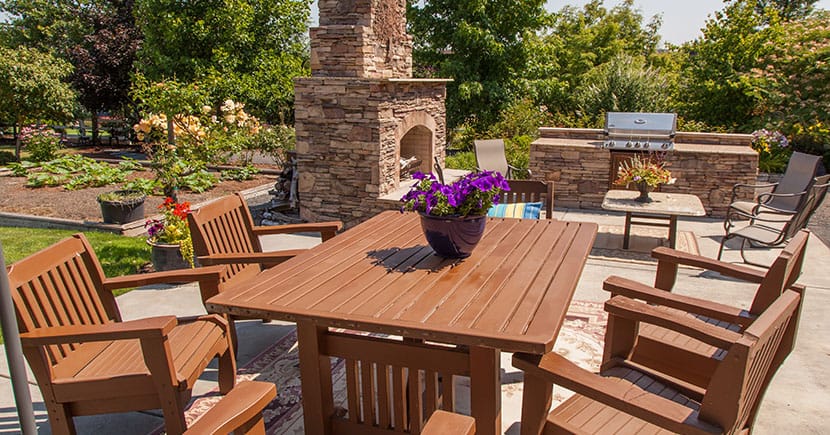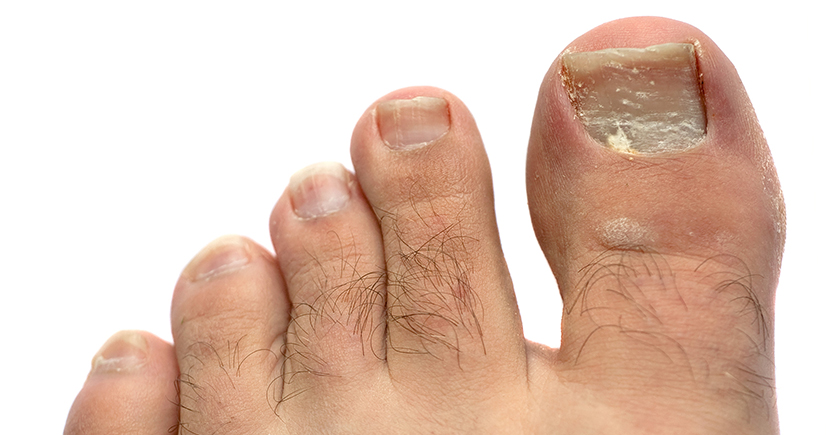Installation of a water softener system is a necessity for many homes in the US. It can soften hard water and remove excessive minerals. If you’re looking for a resource that answers frequently asked questions about water softening, keep reading.
What is hard water?
Hard water is not solid. Water that has high amounts of dissolved minerals like calcium and magnesium is called hard water. It doesn’t have major health effects, but has some disadvantages:
- The taste and smell of hard water are metallic and have a weird smell. Making water consumption unpleasant.
- Producing soap lather using hard water is difficult. Due to this, the process of washing clothes, dishes, and showering can become difficult because lather makes cleaning things and body parts easier, but in the case of hard water, the lather is difficult to produce. You will need to use more soap and energy for producing lather.
- As hard water has high amounts of calcium and magnesium, when using a dishwasher, the minerals can stick to the dishes making them appear dirty after the wash cycle.
- Similarly, minerals can also cling to clothes washed in hard water.
- Minerals can also build up on taps and other fixtures.
- Limescale buildup due to hard water can block pipes and reduce the efficiency of water boilers and tanks.
What is soft water?
Soft water is free from dissolved minerals like calcium, magnesium, and iron. By using soft water, you can eliminate the disadvantages of hard water like a bad smell, unusual odor, spots on dishes and clothes, and limescale on fixtures.
What is a water softener?
A water softener is a water filtration system that can remove high amounts of dissolved minerals from hard water and turn it into soft water. The techniques of softening hard water are various and depend on the type of water softener you choose.
What are the types of water softeners?
There are different kinds of water softeners. Below are the popular types:
- Salt-based water softeners: They are also called ion exchange water softeners as they move materials like calcium and magnesium to a resin and then release sodium ions for ion exchange. The softened water is collected in a separate tank within the softener. There are a variety of sizes that makes selection easier. However, keep in mind that the resin should be charged. Therefore, select a metered system or a timed system so the resin can be recharged automatically.
- Salt-free water softeners: They use a process known as TAC (template-assisted crystallization) for neutralizing the minerals in hard water. These systems don’t add any amount of salt to the water, unlike salt-based water softeners. But keep in mind these softeners may not be effective when softening high amounts of hard water.
- Dual-tank water softeners: These are essentially salt-based water softeners. The difference between both types is that dual-tank water softeners have two tanks. This enables you to soften a high volume of hard water.
- Magnetic water softeners: These softeners can reduce the mineral buildup in your plumbing system. A magnetic field is used to neutralize the heavy minerals and remove their positive or negative ions. So, the minerals remain soluble in the water.
- Reverse osmosis water softeners: These systems use a filter or semipermeable membrane through which hard water is forced to pass. They can remove minerals, metals, and nitrates from water. Moreover, these water softeners can remove contaminants from water as well. Therefore, if your water is contaminated and requires both softening and filtration, you should use RO water softeners.
Do I need a water softener?
Hard water can cause staining on your dishes and clothes and form limescale on fixtures and pipes. Moreover, hard water restricts the production of lather when using soap and detergent. If you don’t want these problems, you should use a water softener.
Does a water softener make my water safe to drink?
Typically, a water softener removes minerals from water. It doesn’t remove contaminants from water that can make water unsafe for drinking. If you’re concerned about the safety of your drinking water, get in touch with your local health department for having your tap water tested.
You can then install a reverse osmosis water softener or any other water filter than can remove the contaminants found in your tap water.
Conclusion
Water softening can reduce damage to your plumbing system and produce more soap lather. However, make sure to select the right type of softener when considering water softener installation Erie.








